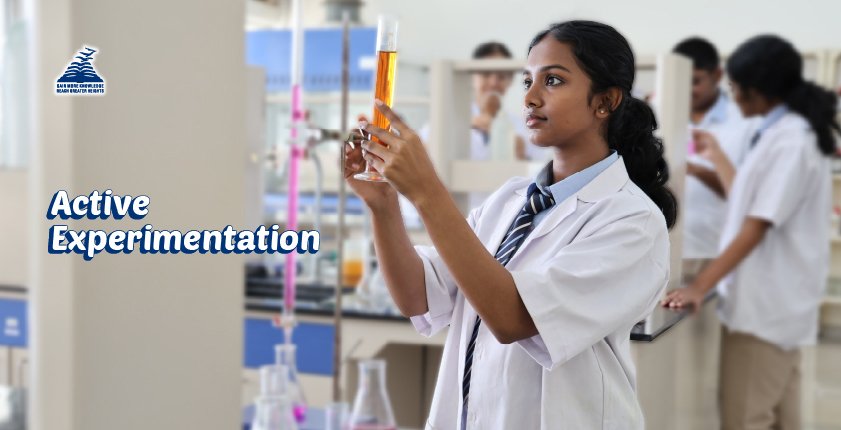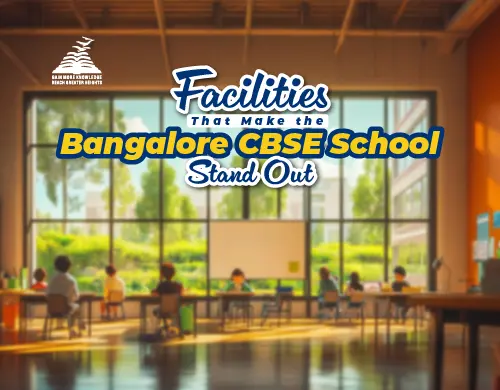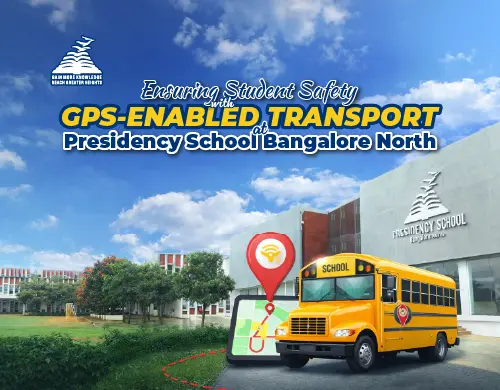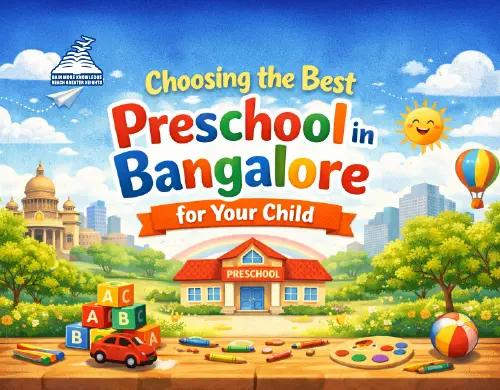Have you ever wondered how some students seem to grasp complex concepts effortlessly, while others struggle with the same material? The secret often lies in a powerful approach known as experiential learning. This method not only enhances understanding but also transforms the way students engage with their education. Let’s dive to understand the experiential learning benefits and explore how it helps you apply your knowledge effectively!

What is Experiential Learning?
Experiential learning techniques are the hands-on approach to education that allows you to learn through experience. Instead of just sitting in a classroom, memorizing facts and figures, you actively participate in your learning process. This experiential education can involve everything from group projects and field trips to simulations and real-world problem-solving. The key is that you are not just learning about a topic; you are experiencing it, which helps you understand and retain information much better.
The Learning Cycle
One of the exciting things about experiential learning in education is that it follows a cycle of four stages:
- Concrete Experience: This is where you engage in an activity or experience. For example, if you are learning about ecosystems, you might go on a nature walk to observe different plants and animals.
- Reflective Observation: After the experience, it is important to reflect on what happened. What did you notice? How did you feel during the activity? This stage helps you process your thoughts and feelings about the experience.
- Abstract Conceptualization: In this stage, you connect your experiences to theoretical concepts. You might discuss what you learned about ecosystems and how they function, linking your hands-on experience to the academic knowledge you are gaining in the classroom.
- Active Experimentation: Finally, you apply what you have learned in new situations. For instance, you might create a project based on your findings from the nature walk, presenting your knowledge to classmates.
By following this cycle, you not only gain knowledge but also develop critical thinking and problem-solving skills. It is a fantastic way to enhance your learning journey!
Why Experiential Learning Matters?
Experiential learning is more than just a fun way to learn; it offers numerous benefits that can shape your educational experience:
- Improved Retention of Knowledge:
- Studies show that students from best CBSE schools in Bangalore who engage in experiential learning retain information better than those who learn passively. When you actively participate in your education, you create memories tied to your experiences. This makes it easier to recall what you have learned later.
- Real-World Application:
- Experiential learning bridges the gap between theory and practice. It allows you to see how classroom lessons apply to real-life situations. For example, when you conduct a science experiment, you are not just learning about scientific principles; you are putting them into action, which reinforces your understanding.
- Enhanced Engagement:
- Sitting at a desk for hours can be boring but experiential learning keeps you engaged and excited about your subjects. Whether you are working on a group project, participating in a debate, or visiting a historical site, these activities make learning fun and dynamic.
- Development of Critical Skills:
- Through experiential learning, you develop essential skills such as teamwork, communication, and problem-solving. These skills are not only valuable in school but also in your future careers and personal lives. Working with peers on projects teaches you how to collaborate effectively, while presentations help you build confidence in public speaking.
- Cultivation of Curiosity:
- Experiential learning develops a sense of curiosity. When you engage in hands-on activities, you are more likely to ask questions and seek deeper understanding. This inquisitive mindset is crucial for lifelong learning and personal growth.
Examples of Experiential Learning
Now that you understand the benefits of experiential learning, let us explore some exciting examples of how it can be incorporated into your education:
- Field Trips:
- Field trips are a classic form of experiential learning. Whether visiting a science museum, a historical site, or a local business, these trips allow you to immerse yourself in the subject matter. Imagine walking through a history timeline while learning about past—it brings the past to life!
- Project-Based Learning:
- Project-based learning for class 11th and 12th students of best CBSE schools in Bangalore is another effective way to apply knowledge. In this approach, you work on a project over an extended period, allowing you to research, design, and present your findings. For instance, creating a sustainable garden project can teach you about biology, ecology, and environmental science.
- Service Learning:
- Service learning combines community service with classroom instruction. By participating in service projects, you not only help your community but also learn valuable lessons about empathy, responsibility, and social justice. For example, organizing a recycling drive can teach you about waste management and the importance of caring for the environment.
- Simulations and Role-Playing:
- Simulations and role-playing activities allow you to step into different roles and scenarios. Whether it is simulating a court trial in a civics class or participating in a model United Nations conference, these activities help you understand complex concepts by experiencing them firsthand.
How Presidency School Bangalore North Embraces Experiential Learning
At Presidency School Bangalore North, one of the top CBSE schools in Bangalore, the emphasis on experiential learning is integrated into the curriculum. The school understands that students learn best when they are actively engaged in their education. With a strong commitment to holistic development, Presidency School Bangalore North incorporates various experiential learning opportunities.
Students at Presidency School Bangalore North enjoy field trips that enhance their understanding of academic subjects while allowing them to explore the world around them. The school also encourages project-based learning, where students collaborate on innovative projects that foster critical thinking and creativity. Additionally, the faculty is dedicated to creating a supportive environment that values exploration, curiosity, and hands-on experiences.
By embracing experiential learning, Presidency School Bangalore North prepares students to become well-rounded individuals equipped with the skills and knowledge needed for success in the 21st century.
Conclusion
Experiential learning is a game-changer in education. By actively engaging in hands-on experiences, you not only deepen your understanding of academic subjects but also develop essential skills for life. Whether through field trips, projects, or service learning, these opportunities make learning exciting and relevant.
As you embark on your educational journey, remember that learning is not just about memorizing facts—it is about experiencing, exploring, and growing. So, embrace the power of experiential learning and discover the endless possibilities that await you!




